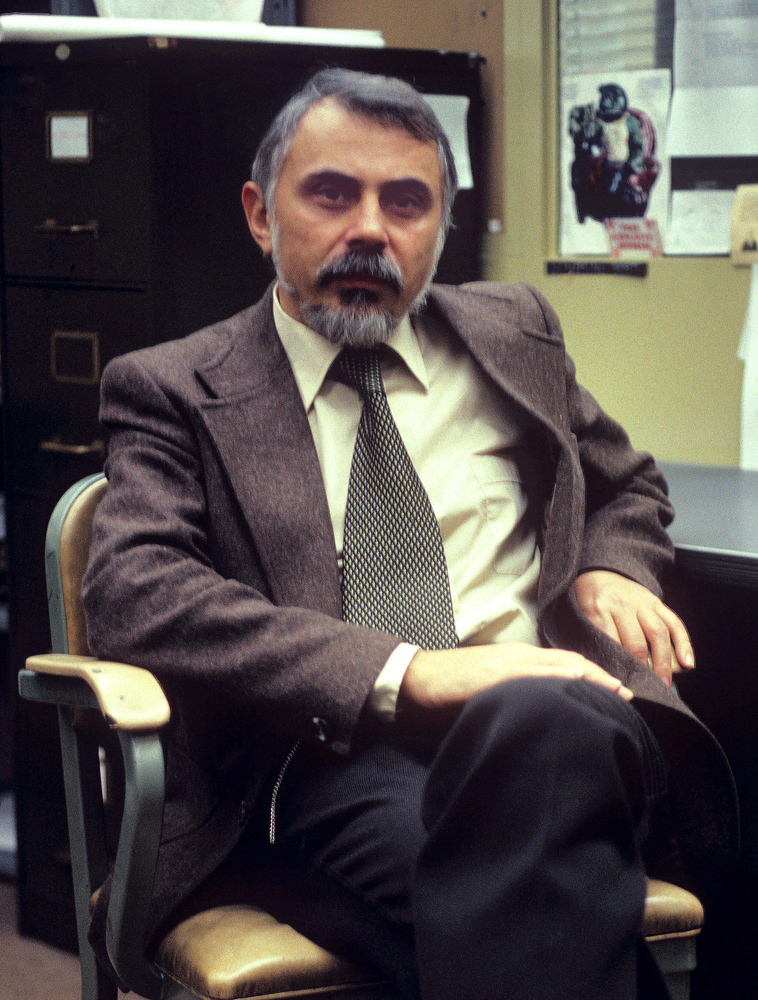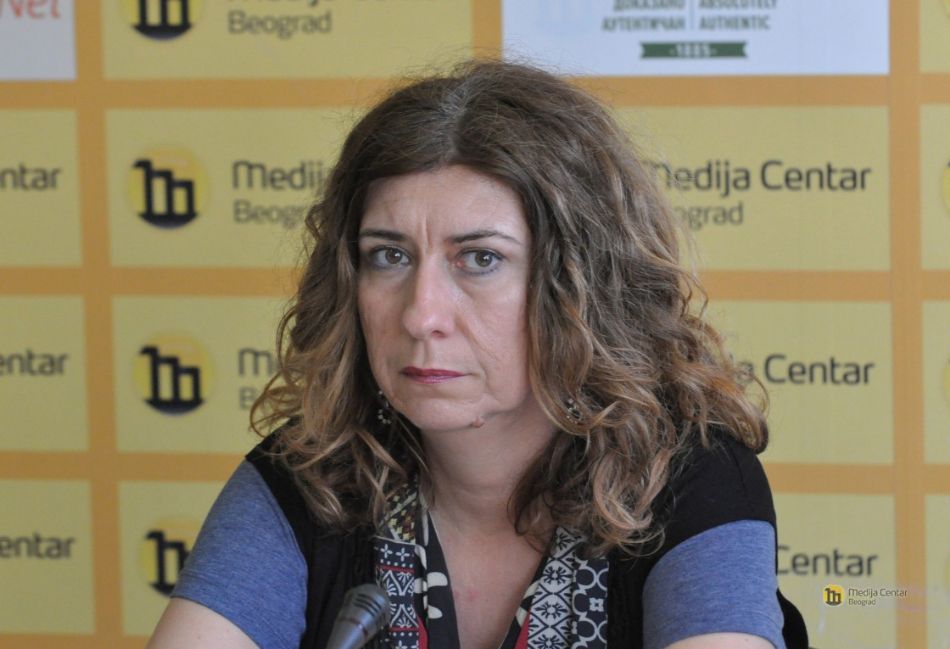The Institute of Psychology was founded in 1962 as an independent scientific institution, following a decree by the Executive Committee of the National Republic of Serbia. Esteemed professors, Dr Borislav Stevanović and Dr Nikola Rot, are credited with recognizing the need for an institution whose primary task was to organize and carry out scientific research in the field of psychology. Since its establishment, the Institute has undergone organisational restructuring several times as a consequence of legislative changes. In 1969 the Institute was incorporated into the Faculty of Philosophy in Belgrade as an academic unit and has always closely collaborated with their Department of Psychology. Bearing in mind that the Statute of the Faculty also frequently changed, the Institute was at times an independent organisational unit of the Faculty, and at other times an academic unit within the Department of Psychology, which is the status it currently holds. The number of employees hired solely by the Institute gradually increased, so that nowadays it employs 9 researchers, which is the most it has ever had.
Although the development of the Institute has often encountered challenging periods characterized by difficulties in funding researchers and their studies, the Institute managed to acquire recognized reputation, primarily in the fields of developmental and pedagogical psychology, and to significantly enhance its academic production. This is predominantly apparent in a vast number of national and international research projects realized at the Institute (over 90) and fruitful collaboration with various national and international institutions and universities. Furthermore, the Institute is also an academic publishing house with more than 50 academic monographs published. For more than two decades the Institute has been publishing the Psihološka istraživanja journal, currently in the category of a leading national journal, and it publishes academic articles in both Serbian and English. In collaboration with The Laboratory for Experimental Psychology the Institute is the organizer of the oldest national scientific conference in the field of psychology, called Empirical Studies in Psychology conference, which has become international over time.
The Institute of Psychology is also unique in being the oldest academic institution in the country conducting research in nearly all branches of psychology. Although the Institute is most often recognized by its research and projects in the fields of developmental and educational psychology the researchers employed by the Institute are primarily interested in, collaboration with colleagues from the Department of Psychology is permanent and significantly contributes to developing research in other important sub-fields of psychology. That fruitful cooperation is best reflected in numerous academic achievements accomplished in the last ten years on projects organised by The Ministry of Education, Science and Technological Development. The most prominent research areas within developmental psychology study adolescent development and socialization, as well as early development and parenting. In educational psychology, the most realized studies are those that measure student achievements and their correlates, studying process, textbooks, and inclusion challenges and student attrition at all educational levels. In recent years the Institute has established an ever-increasing production in the field of research into personality psychology, aimed at validation and construction of instruments for measuring individual differences related to the most important constructs included in the seven-factor model of personality. Research into the field of social psychology investigates values of the young and the influence of modern technologies on their behavior, relationships between groups and social identity, as well as the social cognition phenomena and their connection with an individual’s social activity. In the area of occupational psychology, researchers who collaborate with the Institute investigate working conditions and management in organisations at different levels, from small and medium-sized enterprises to large systems such as education, health and the army. Clinical psychologists who collaborate on projects conducted by the Institute construct instruments for monitoring mental health, interventions in critical situations and prevention and therapy in psychological disorders. Apart from quantitative, the Institute also popularizes qualitative research in developmental and educational psychology, and in investigation and critical analysis of dominant orientations within psychological research from the perspective of cultural-historical psychology.
Managers of the institute from its establishment until today
1962-1972
dr Nikola Rot

1972-1980
dr Vera Smiljanić

1980-1987
dr Ivan Ivić

1988-1990
dr Predrag Ognjenović

1990-2011
dr Bora Kuzmanović

2011-2015
dr Dragica Pavlović Babić

2015-2021
dr Ivana Stepanović Ilić

2021
dr Zora Krnjaić

